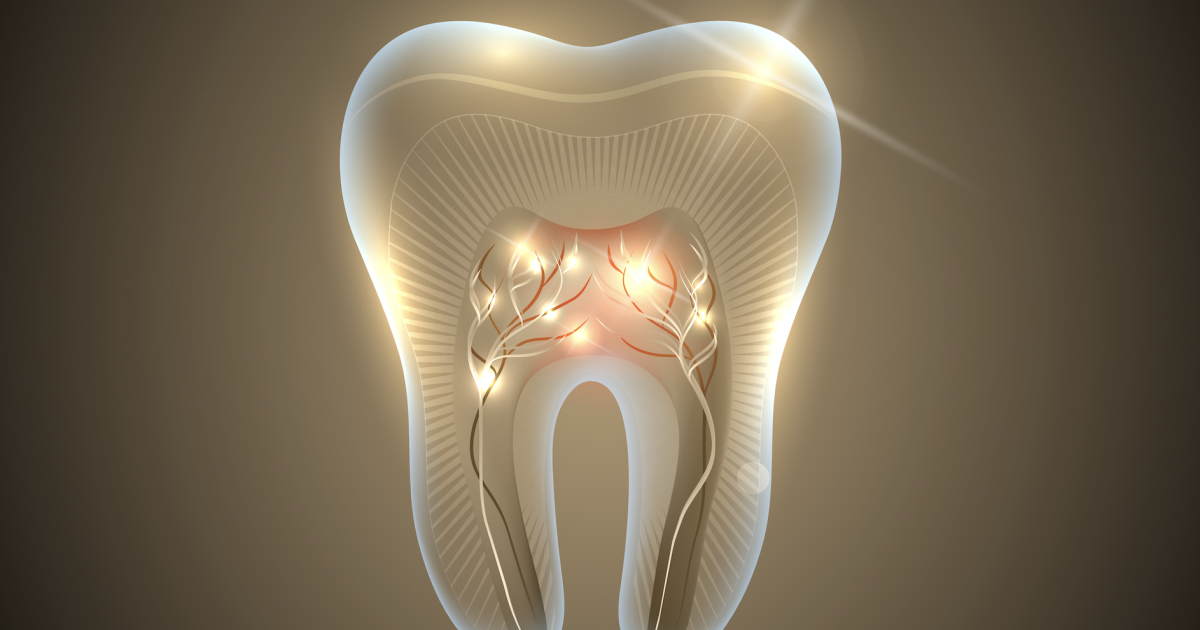The world’s first human trial of a drug that can regenerate teeth will begin in a few months, less than a year on from news of its success in animals. This paves the way for the medicine to be commercially available as early as 2030.
The trial, which will take place at Kyoto University Hospital from September to August 2025, will treat 30 males aged 30-64 who are missing at least one molar. The intravenous treatment will be tested for its efficacy on human dentition, after it successfully grew new teeth in ferret and mouse models with no significant side effects.
“We want to do something to help those who are suffering from tooth loss or absence,” said lead researcher Katsu Takahashi, head of dentistry and oral surgery at Kitano Hospital. “While there has been no treatment to date providing a permanent cure, we feel that people’s expectations for tooth growth are high.”
Following this 11-month first stage, the researchers will then trial the drug on patients aged 2-7 who are missing at least four teeth due to congenital tooth deficiency, which is estimated to affect 1% of people. The team is recruiting for this Phase IIa trial now.



I had the exact same experience.
I wonder how weird it is to have teeth in the empty flesh spots left there now.
I still have mine in in my 30’s. I forget about them except when brushing since I don’t want a cavity back there. There are a few times where I’ve actively tried using them and it’s hard to tell they’re being used
I bet it won’t be weird at all, honestly.
Growing pains, obviously, that’d be weird, but once they’re in, you’d get used to them as easily as you got used to having them removed.
At least, I had mine for a number of years before they were removed. It seems surprising, but I’m used to not having them, and I think the inverse will be equally weird.